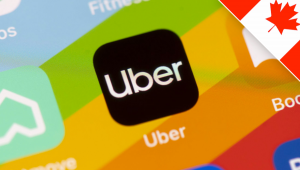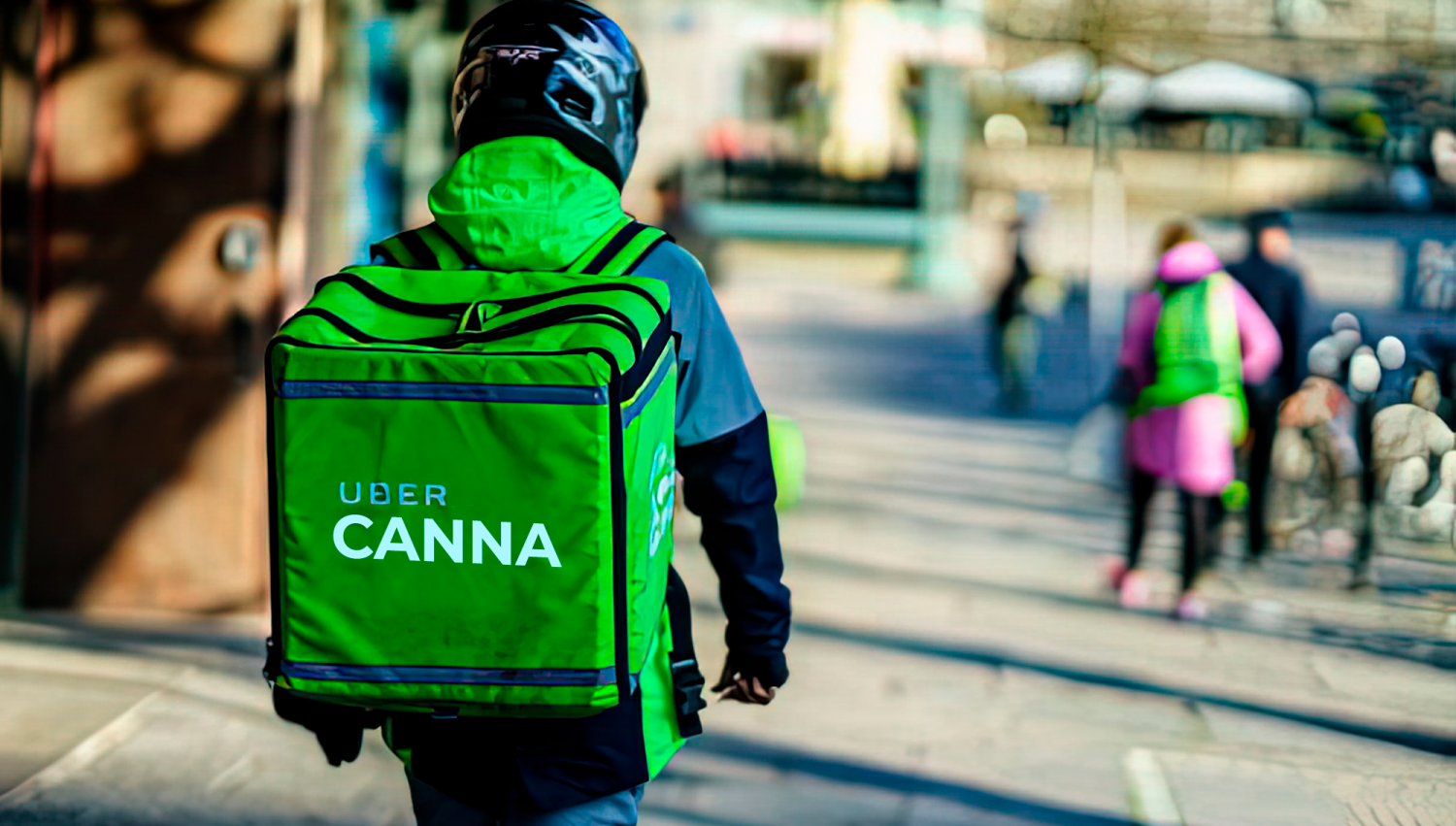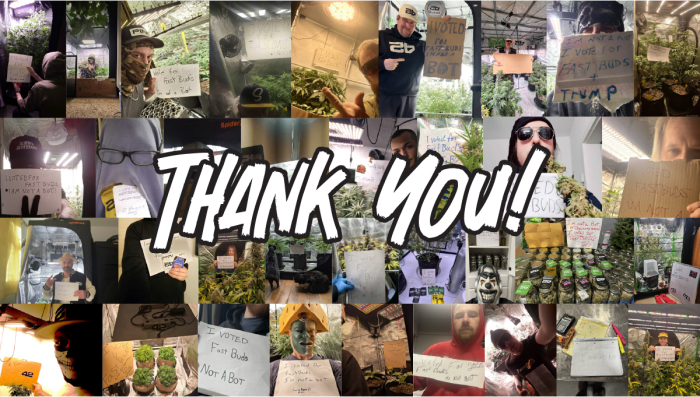Uber Eats Will Now Have Weed on the Menu But Only in Ontario, Canada

It’s been a long time since Uber started to think about entering the burgeoning legal cannabis market, and now the first step has been made. Soon, adult residents of Ontario will be able to place an order for marijuana in their Uber Eats app and pick it up in the nearest Tokyo Smoke retail outlet.
At the moment, Uber’s spokespersons say they haven’t any definite plans of extending the service to other Canadian provinces or US states. But they promise to closely watch for new regulations and market opportunities. For Canada—where recreational cannabis was legalized in 2018—this new development means another way to combat the black market that still controls a substantial share of non-medicinal sales.
Rules for Booze and Buds Are Different So Far
Uber Eats already has experience with delivering another intoxicant — alcohol. Residents of select Canadian cities can order their drinks online and have them delivered to their homes or offices. What they can’t do is pick up the order on the street and in other places where the consumption of alcoholic beverages is prohibited.

The rules for marihuana are even stricter. The only place where customers can get their online purchases is the nearest Tokyo Smoke store. Tokyo Smokes is the first cannabis retailer to partner with Uber Eats so far. This chain of stores that operates in several Canadian provinces has also its own online ordering service with a curbside pickup option.
The Potential is Huge
Uber stock which had been showing lackluster results over the past month failed to go up on the news. And an exchange-traded fund tracking the cannabis market, MJ, didn’t find the news inspiring either, continuing its downward trend on Monday.
However, Uber’s foray into a new legal industry is a promising development. In 2021, the total size of the cannabis market in the country was USD4 billion. It is estimated to grow more than 50% by 2026, especially if stakeholders manage to find a model that will deal a blow to the black market. It’s still very much alive and makes up 40% of all recreational sales in Canada.
Hopefully, big players like Uber getting a stake in the sector will help Canadians decide that it’s time to opt for a safer, cleaner, and higher-quality legal product.









Comments